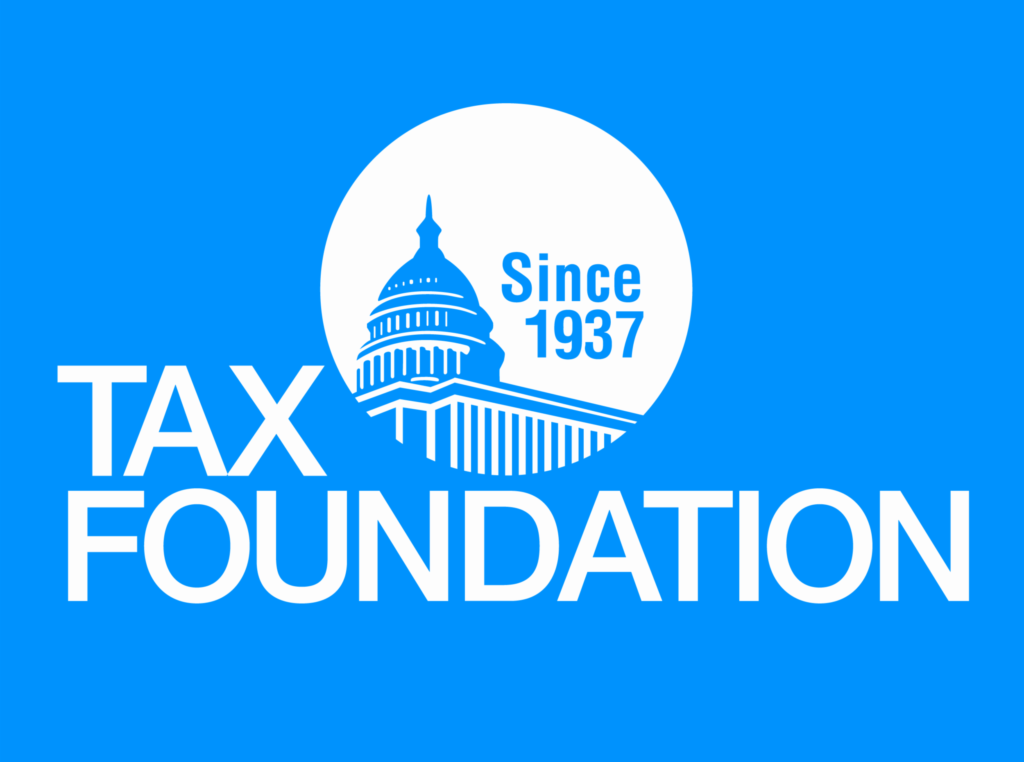Are Sugar-Sweetened Beverage Taxes Regressive?
Key Findings:
- Taxes on sugar-sweetened beverages are proposed with the promise to improve public health outcomes, but they come with equity concerns because of their regressive nature.
- We use Nielsen consumption data to explore the relationship between household income and measures of sugar-sweetened beverage consumption by expenditures and fluid ounces.
- If a nationwide tax were levied on sugar-sweetened beverages, about two-thirds of the revenues would be derived from middle-income households between $20,000 and $100,000, assuming these income groups would have similar behavioral adjustments to such a tax.
- For an excise tax based on fluid ounces, 78 percent of the tax collections would come from households with income under $100,000.
- The share of household income devoted to expenditures on sugar-sweetened drinks decreases by about 0.01 percent for every 1 percent increase in income, implying a regressive expenditure pattern.
Read the full study here.

